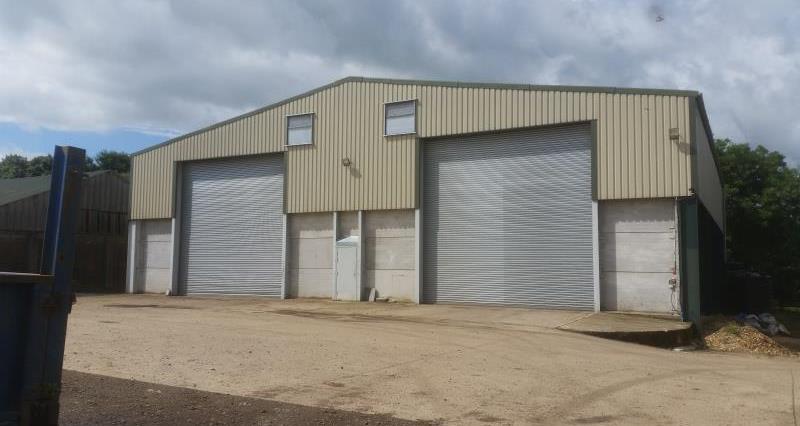The Treasury is consulting on proposed reforms of the UK’s capital allowances regime, and we would like members' views to feed into our response.
Their aim is to ‘kickstart a conversation’ with businesses on reforming the UK’s capital allowances regime.
Potential reforms
Areas that could form part of that discussion are set out in a document published by the Treasury: Potential Reforms to UK’s Capital Allowance Regime – Inviting views.
This document follows on from the 2022 Spring Statement which set out several examples of the types of changes government could make to the current capital allowances regime.
Views on businesses' investment decisions
The government is considering options ahead of the Autumn Budget and would welcome views on how businesses make investment decisions, the relative importance of capital allowances in those decisions, how they are considered and the impact of the super-deduction.
Lack of capital investment
In the announcement the government stated: “The UK has a long-standing issue with productivity and one of the key underlying causes is a lack of capital investment.”
It also suggests: “According to OECD data, companies invest just 10% of GDP each year, compared with 14% in our competitor countries – our tax system doesn’t reward investment as much as other countries do.”
Lack of incentives
We have often pointed to a lack of incentives for capital investment within the capital allowances system.
In a response to the Autumn 2021 Budget NFU President Minette Batters called for “a longer-term roadmap for capital allowances from 2023, one which incentivises all forms of capital investment including infrastructure.”
